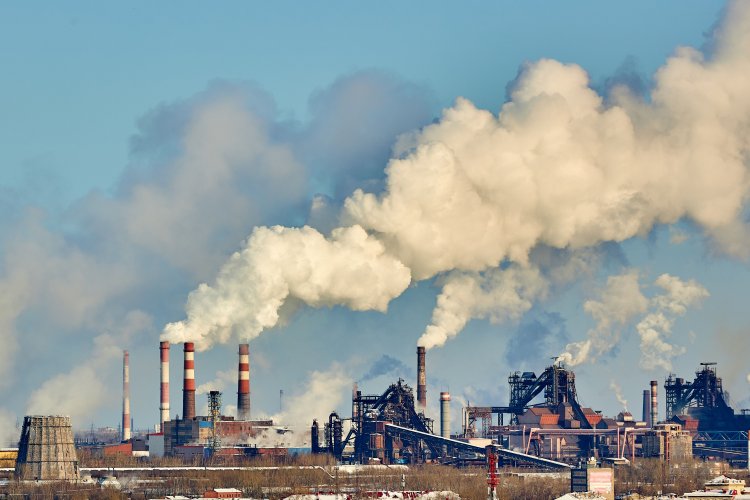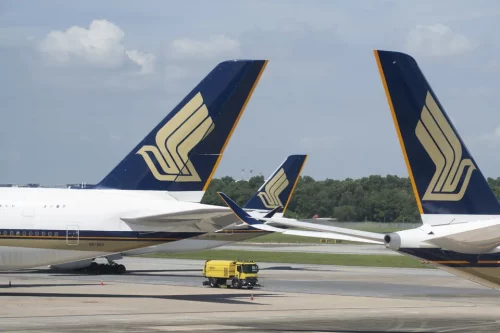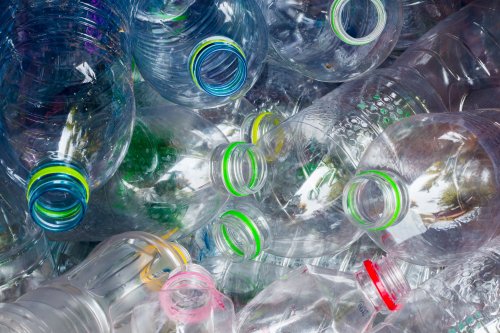In Ukraine, enterprises, institutions, organizations, etc., whose activities are related to emissions of pollutants into the atmospheric air from stationary sources, must obtain the appropriate permit. This norm is stipulated by the Law "On protection of atmospheric air".
Read more about how to get such a permit in the EcoPolitic's article.
An emission permit is issued free of charge for a period of at least five years. For its registration, you must contact:
- Ministry of Environmental Protection and Natural Resources, if the business entity belongs to the first group ;
- management of ecology and natural resources of regional state administrations, Kyiv and Sevastopol – if the enterprise belongs to the second or third group.
The permit must also be agreed with the State Production and Consumer Service.
Enterprises cannot exceed the amount of emissions specified in the permit. Also, emissions should not exceed the maximum permissible standards.
The business entity must strictly comply with the conditions specified in the permit and implement measures to reduce emissions and pay environmental tax on the actual volumes of emissions
The procedure for obtaining a permit is determined by the Resolution of the Cabinet of Ministers dated March 13, 2002 No. 302 (as amended). During the period of martial law, it is allowed to obtain a permit for emissions of polluting substances by stationary sources according to the declarative principle (Cabinet Resolution "Some issues of ensuring the conduct of economic activity in conditions of martial law").
You can get a permit within 10 working days or 15 calendar days. For this you need:
- issue a statement;
- prepare documents justifying the volumes of emissions of polluting substances;
- to conduct an inventory of stationary sources of emissions of pollutants into the atmospheric air, types and volumes of emissions, dust and gas cleaning equipment;
- carry out an assessment of the impact of emissions of pollutants on the state of atmospheric air at the border of the sanitary protection zone;
- develop action plans for:
- achieving the established standards of maximum permissible emissions for the most common and dangerous pollutants;
- atmospheric air protection in case of man-made and natural emergency situations;
- elimination of the causes and consequences of atmospheric air pollution;
- final cessation of activities related to the emission of pollutants into the atmospheric air, and bringing the place of activity to a satisfactory state;
- prevention of exceeding the established standards of maximum permissible emissions in the production process;
- implementation of control over compliance with established norms of maximum permissible emissions of polluting substances and conditions of permission for emissions;
- to justify the sizes of regulatory sanitary protection zones, to estimate the costs associated with the implementation of measures for their creation;
- carry out an assessment and analysis of costs related to the implementation of planned measures to prevent atmospheric air pollution;
- prepare information on obtaining a permit for public viewing in accordance with legislation.
For the development of documents, enterprises can involve institutions, organizations and institutions to which the Ministry of Energy and Energy grants the right to develop these documents.
The address of the local state administration to which comments can be sent is indicated in the notice of intent to obtain a permit.
Based on the submitted documents, the Ministry of Environment or the Department of Ecology may issue:
- permission for emissions of polluting substances into atmospheric air by stationary sources;
- refusal to issue a permit.





